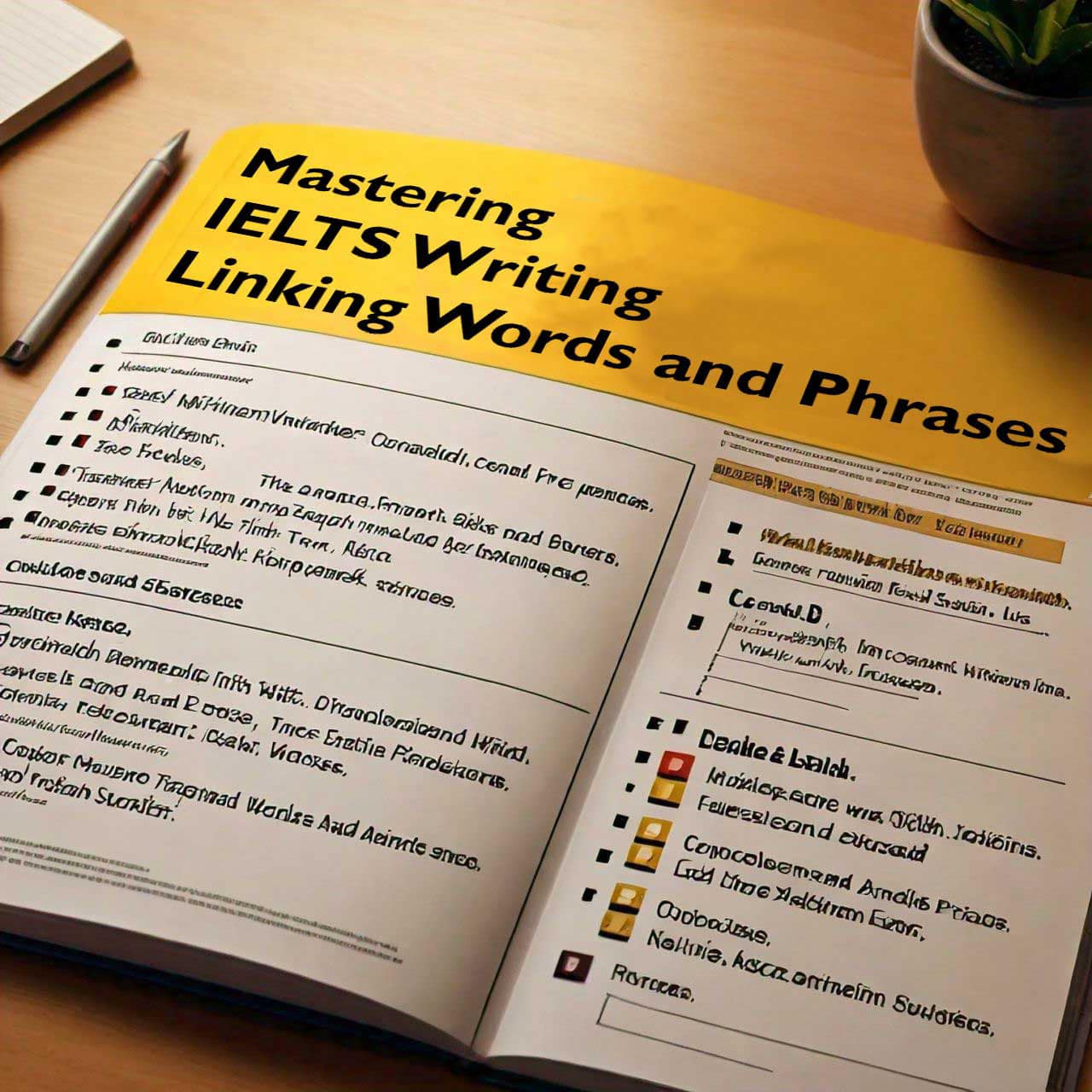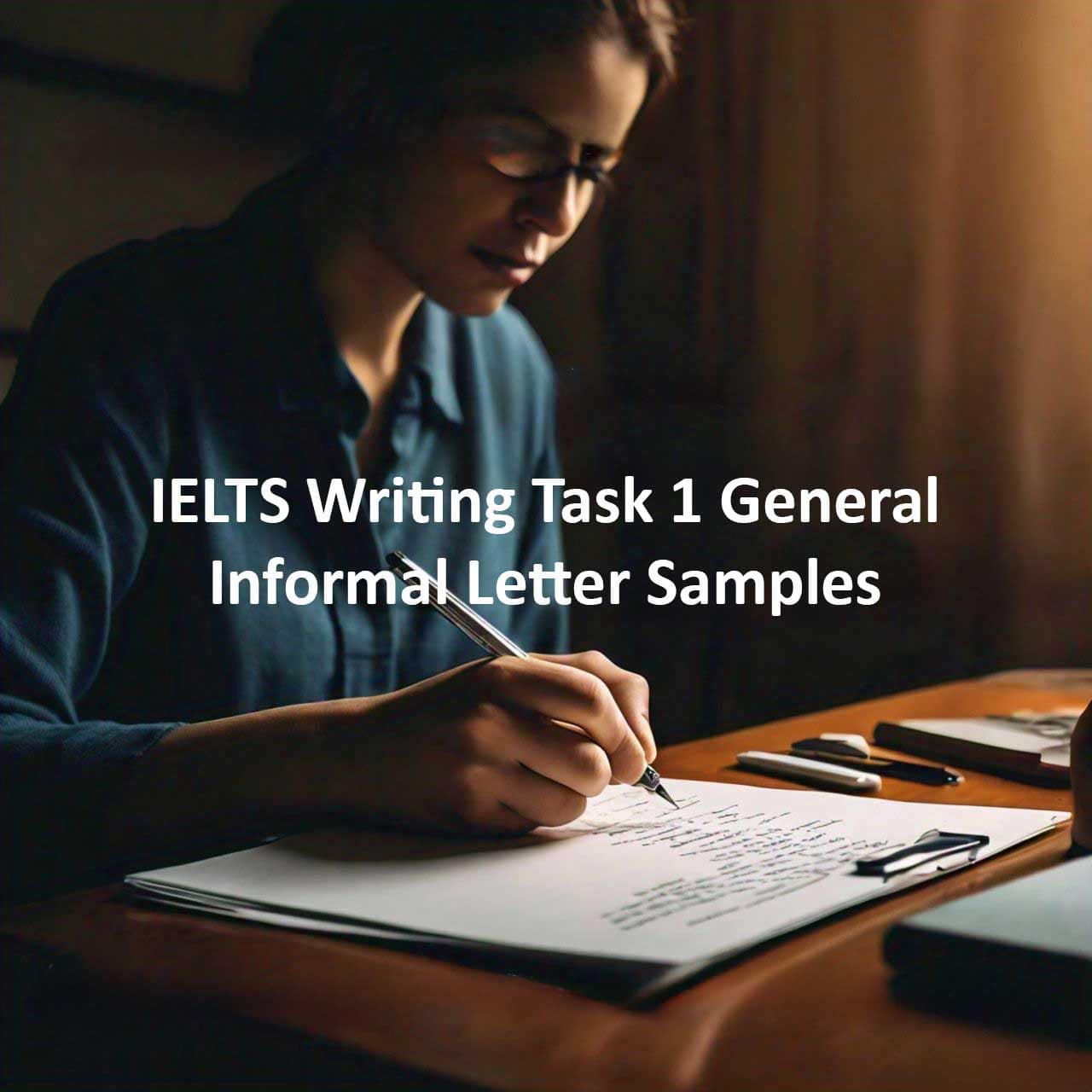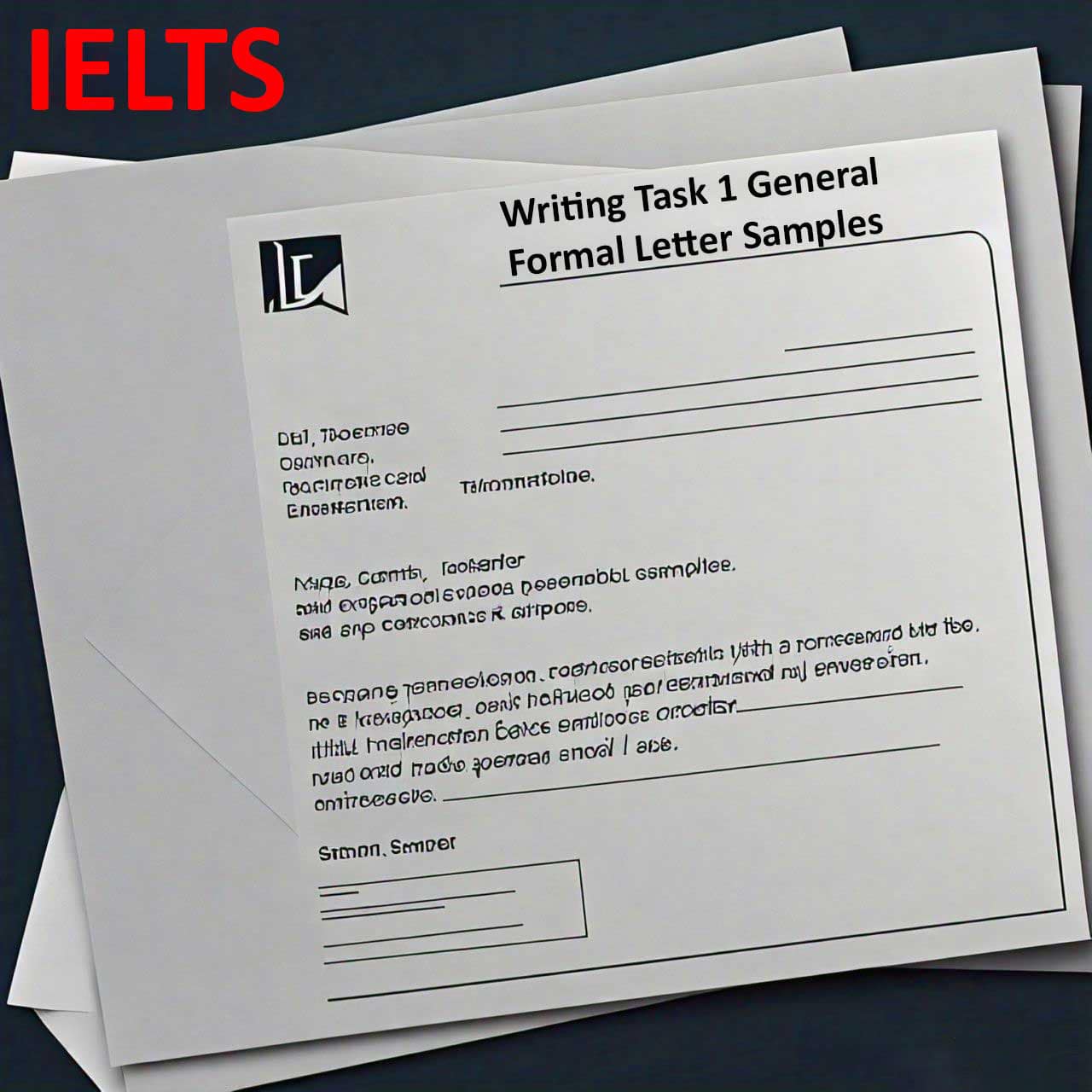Success in the IELTS Writing test is largely dependent on your ability to present your ideas clearly and coherently. One of the key tools to achieve this is the effective use of linking words and phrases. These linguistic connectors help to structure your essay, making your arguments flow logically and smoothly from one point to the next. In this blog post, we’ll explore the importance of linking words and phrases in IELTS Writing and provide you with a comprehensive list of connectors to enhance your writing skills.
Table of Contents
Why Are Linking Words Important?
Linking words and phrases, also known as cohesive devices or connectors, serve several critical functions in your writing:
– Clarify Relationships: They clarify the relationships between ideas, ensuring your essay is logically structured.
– Enhance Readability: They make your writing easier to read and understand by guiding the reader through your arguments.
– Improve Coherence: They help to organize your thoughts and ensure that each part of your essay is connected to the others.
– Boost Your Score: Effective use of linking words is a key criterion for achieving a higher score in the coherence and cohesion aspect of the IELTS Writing test.
Types of Linking Words and Phrases
1. Adding Information
When you want to add more information or ideas to support your point, use these connectors:
– Moreover
– Furthermore
– Additionally
– In addition
– Also
– And
*Example:*
“Education is crucial for personal development. Furthermore, it plays a vital role in economic growth.”
2. Giving Examples
To illustrate your points with examples, use these phrases:
– For example
– For instance
– Such as
– Namely
– In particular
*Example:*
“There are many benefits to exercising regularly. For instance, it can help to reduce stress and improve mental health.”
3. Comparing and Contrasting
To compare and contrast different ideas or viewpoints, these connectors are useful:
– However
– On the other hand
– In contrast
– Conversely
– Whereas
– While
– Nevertheless
*Example:*
“Online learning offers flexibility and convenience. However, it may lack the social interaction found in traditional classroom settings.”
4. Showing Cause and Effect
To explain the cause and effect relationship, use these linking words:
– Because
– Since
– Due to
– As a result
– Therefore
– Thus
– Consequently
– Hence
*Example:*
“Pollution levels have increased dramatically due to industrial activities. As a result, many urban areas are facing serious air quality issues.”
5. Expressing Purpose
When you want to express the purpose or reason for something, use these phrases:
– In order to
– So that
– To
– For the purpose of
*Example:*
“Governments should invest in renewable energy in order to reduce carbon emissions.”
6. Highlighting Importance
To emphasize the significance of a point, these connectors are useful:
– Importantly
– Significantly
– Notably
– In particular
*Example:*
“Importantly, public health measures have been effective in controlling the spread of the disease.”
7. Summarizing and Concluding
To summarize your points or conclude your essay, use these phrases:
– In conclusion
– To sum up
– Overall
– In summary
– To conclude
*Example:*
“In conclusion, adopting a healthy lifestyle can significantly improve one’s quality of life.”
Tips for Using Linking Words and Phrases
1. Use a Variety
Avoid repeating the same linking words and phrases. Using a variety of connectors not only enhances the readability of your essay but also demonstrates your range of vocabulary.
2. Ensure Relevance
Make sure the linking words you use are relevant to the context of your sentences. Misusing connectors can confuse the reader and disrupt the flow of your essay.
3. Practice Regularly
Incorporate linking words and phrases into your writing practice. Regular use will help you become more comfortable and proficient in using them correctly.
4. Review and Edit
After writing your essay, review it to check the use of linking words. Ensure they contribute to the clarity and coherence of your writing. Editing is key to refining your use of connectors.
Conclusion
Mastering the use of linking words and phrases is essential for achieving a high score in the IELTS Writing test. These connectors help to organize your ideas logically, making your essay more coherent and easier to read. By familiarizing yourself with various types of linking words and practicing their use, you can enhance the quality of your writing and boost your IELTS score. Remember, effective communication is the key to success in the IELTS Writing test. Good luck!



